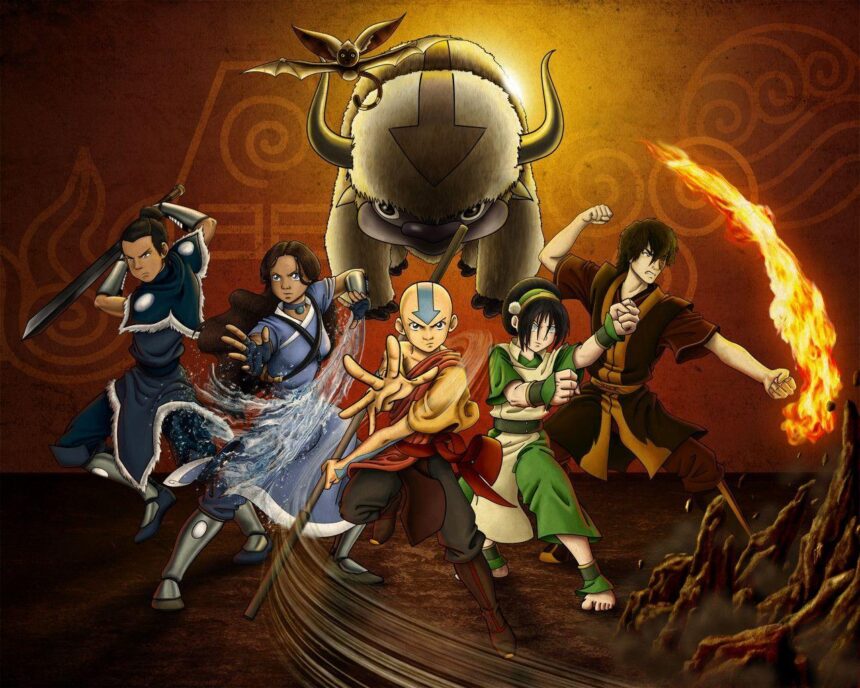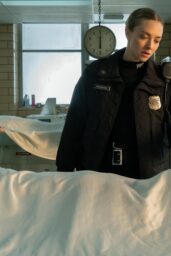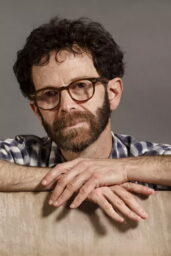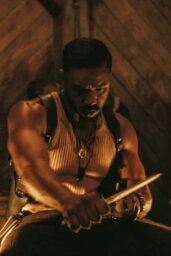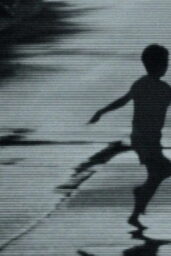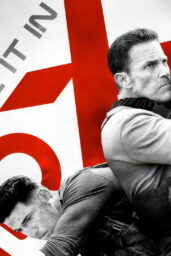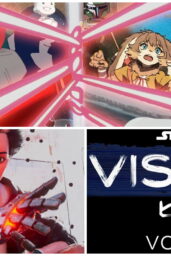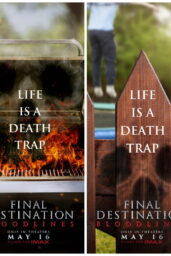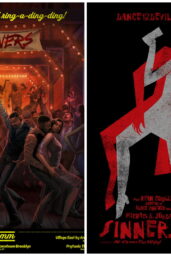Movies—and yes, animated series too—are like old friends. They show up at just the right moment, reminding us why we fell in love with them in the first place. So when I heard Nickelodeon was greenlighting Avatar: Seven Havens, a fresh spin-off from the Avatar: The Last Airbender universe, I couldn't help but feel that familiar tingle of excitement. It's been 20 years since Aang first swooped into our lives on his glider, and now, on the eve of that milestone, we're getting a new chapter. But this isn't the same old tale of balance and harmony. Oh no, folks—this one's got a darker edge, a twist that flips the Avatar mythos on its head. Picture this: a young Earthbender, the new Avatar after Korra, isn't here to save the world. She's branded as its destroyer. How's that for a gut punch?
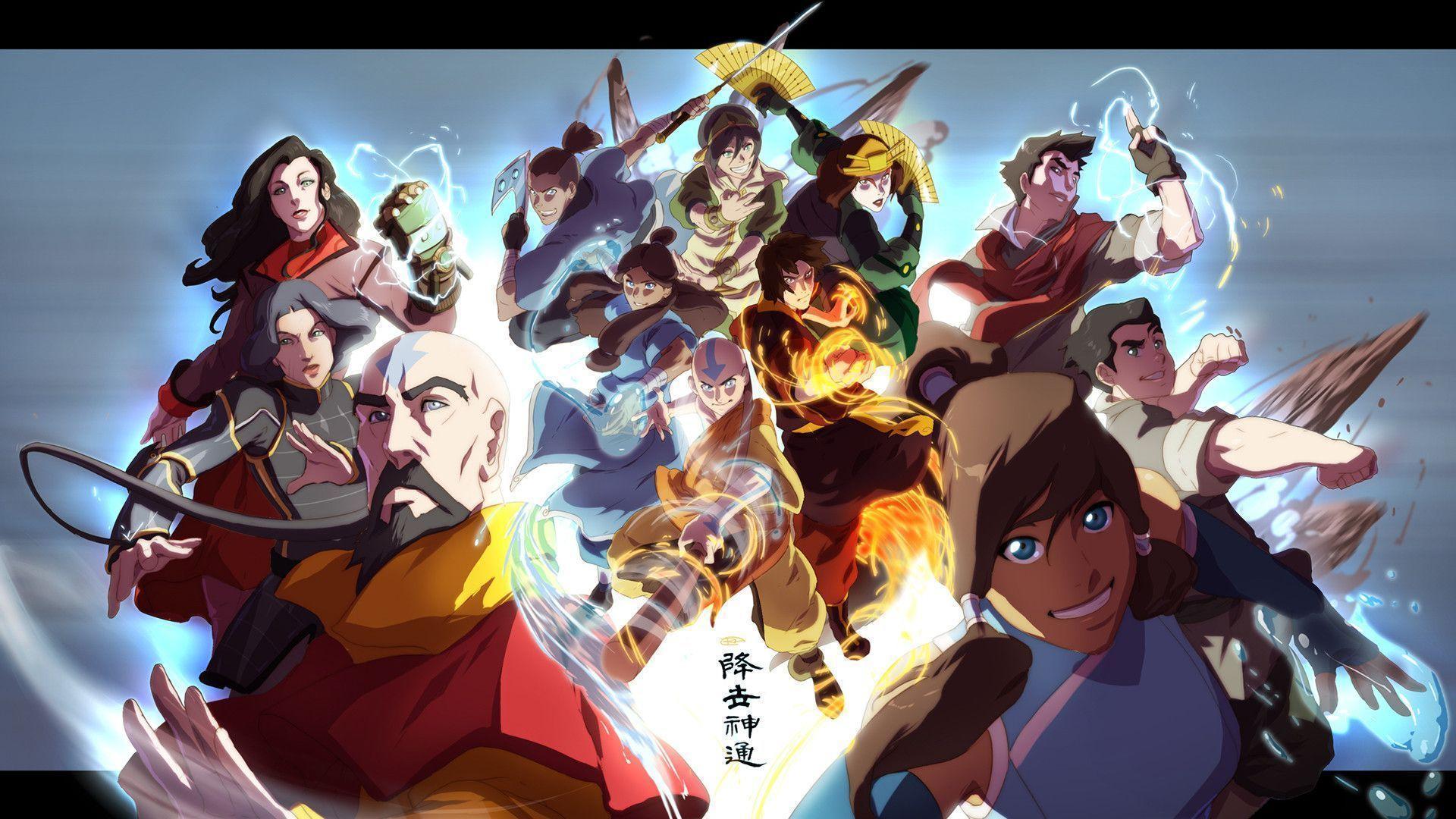
Let's set the stage. Avatar: Seven Havens drops us into a world that's been shattered—literally—by some unspecified cataclysm. The Four Nations? Gone, maybe, replaced by these mysterious “Seven Havens,” the last gasps of civilization clinging to life. Our hero, a young woman with the power to bend earth, discovers she's the Avatar, the next in line after Korra. But here's the kicker: in this grim new era, that title doesn't come with a hero's welcome. She's hunted by humans and spirits alike, seen not as a beacon of hope but as a harbinger of doom. And she's not alone—she's got a long-lost twin, a plot twist straight out of a Shakespearean drama, and together they've got to unravel the secrets of their past to save what's left of the world.
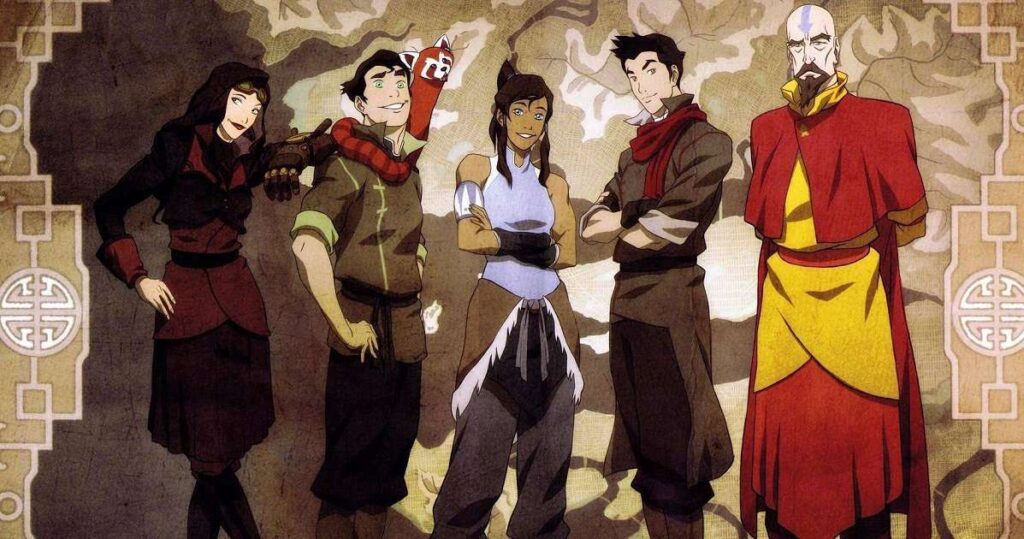
This is the third animated series in the Avatar saga, following the original masterpiece that aired from 2005 to 2008 and The Legend of Korra, which took us into a steampunk-inspired future from 2012 to 2014. Those shows gave us Aang, the reluctant airbender, and Korra, the brash waterbender, each wrestling with their destinies in their own way. Now, with 26 half-hour episodes split into two “Books,” Seven Havens promises something different—a story that's less about restoring balance and more about surviving chaos. It's being crafted by the original wizards, Michael DiMartino and Bryan Konietzko, under their Avatar Studios banner at Nickelodeon Animation, with Ethan Spaulding joining them as an executive producer. No word yet on when it'll hit our screens or who'll voice this hunted heroine, but production's underway, and that's enough to keep me on the edge of my seat.
What fascinates me most is how this series dares to mess with the Avatar formula. In Aang's day, being the Avatar meant being the world's last hope, a kid with a goofy grin and a heart bigger than the Fire Nation's army. Korra flipped that script a bit—she was tough, flawed, and faced a world that didn't always want her help. But this new Earthbender? She's starting from a place of rejection, branded as humanity's enemy before she's even figured out who she is. That's a bold move, and it's got me wondering: what does it mean to be a hero when everyone's rooting against you? It's a question that feels ripped from today's headlines, where good intentions can get twisted into something ugly faster than you can say “bending battle.”
And let's not forget the twin angle. Siblings in stories—especially long-lost ones—carry a primal weight. Think Luke and Leia, or even Cain and Abel if you're feeling biblical. This duo's journey to “uncover their mysterious origins” could be the emotional core of Seven Havens, a thread that ties the action to something deeper. Will they clash? Will one be the yin to the other's yang? I'm already imagining the scenes—two sisters, earth cracking beneath their feet, facing down a spirit horde as they wrestle with their shared past. It's the kind of stuff that makes animation more than just pretty pictures; it's a mirror to our own struggles.
This news comes hot on the heels of other Avatar developments. There's an animated film about Aang and his crew hitting theaters in January 2026—think Dave Bautista growling as some grizzled villain—and Netflix's live-action Last Airbender has two more seasons locked in, though DiMartino and Konietzko famously walked away from that one over creative differences. Seven Havens, though, feels like their true return to form, a chance to stretch the Avatar canvas in ways the live-action gig couldn't. It's 2D animation, too, a nod to the hand-drawn beauty of the original that still holds up two decades later. No CGI shortcuts here—just pure, elemental storytelling.
Conclusion
Avatar: Seven Havens isn't just another sequel—it's a reinvention, a gamble that the Last Airbender universe can grow up with its fans. I love that it's not afraid to get messy, to paint its Avatar as a pariah instead of a prophet. Will it pull it off? Will this Earthbender and her twin carve out a legacy as enduring as Aang's? I don't know yet, but I'm rooting for them—not just to save the Seven Havens, but to remind us why stories like this matter. Because at its heart, Avatar has always been about finding light in the dark, even when the world's falling apart. And in 2025, with everything feeling a little cracked around the edges, that's a message I can get behind.
Personal Impressions
I've been an Avatar fan since Aang first shaved his head on my TV screen, and Seven Havens has me giddy with a mix of hope and nerves. The dark twist—making the Avatar a destroyer instead of a savior—is genius; it's like the creators are saying, “You thought you knew this world? Think again.” I'm intrigued by the twin dynamic, too—it's a fresh wrinkle in a franchise that's never lacked for heart. My only worry? Don't tarnish Korra's legacy to prop up this new story. She fought hard to leave the world better, and I'd hate to see her painted as the fall guy for some cataclysm. Still, DiMartino and Konietzko have earned my trust. They've got a knack for turning the unexpected into something profound, and I'm betting Seven Havens will be no exception.
What do you think—can an Avatar thrive as an outcast, or is this twist too far from the Last Airbender spirit? Drop your thoughts below!

